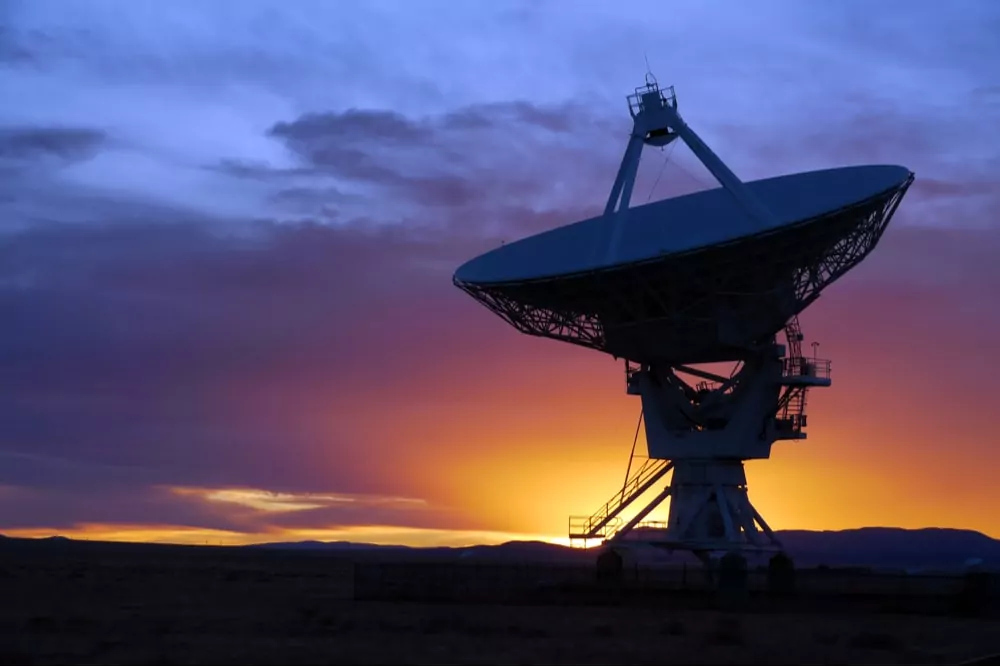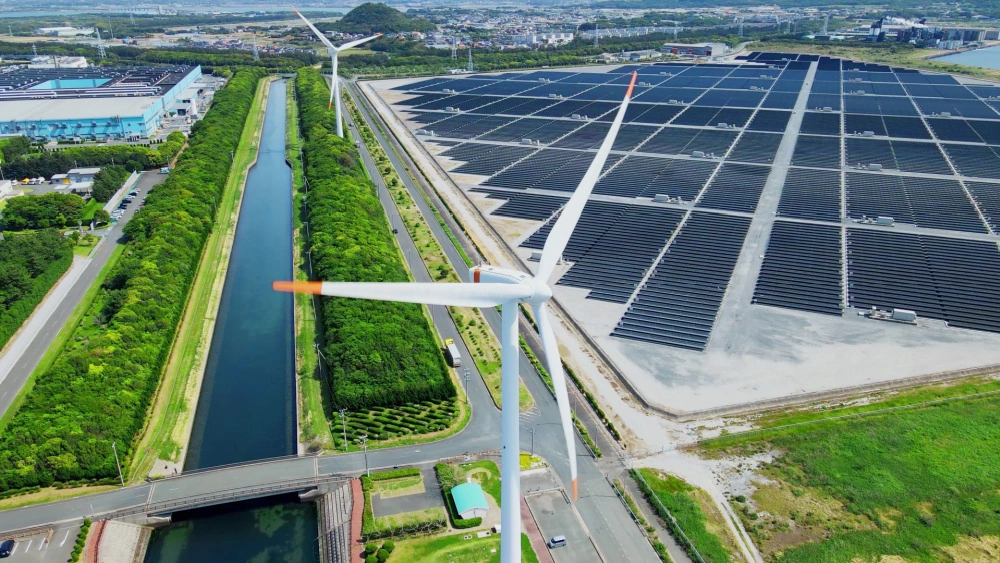
NSI Act Annual Report – Notes for Space & Satellite Sector

By John Catchpole, Halo Garrity
6 Oct 2023 | 1 minute read
The National Security and Investment Act 2021 ("the Act") came into force on 4 January 2022. We have written about the NSI Act and its impact on the Space and Satellite sector before.
The second annual report on the Act emphasises the impact the Act is having on this sector and will continue to have over the coming years.
The Act enables the UK Government to have greater oversight of transactions in sectors which are considered to represent a greater risk to national security. Where a buyer acquires control of an entity in one of 17 key sectors, such as Space and Satellite, there is a mandatory reporting obligation or else the transaction will be void. Transactions may also be the subject of a 'call in' notice from the Secretary of State where they believe the transaction may pose a risk to national security.
The second annual report on the Act came out in July 2023. This is the first report to cover a full calendar year as the initial annual report covered only a three-month period from January to March 2022. The first report showed 222 notifications. As expected this number has increased in the second report to 866. This is still below the estimated range the government expected of between 1000 – 1800 notifications per year.
Space & Satellite
In the first three months of the Act’s operation, eight of the 222 notifications were from the Space and Satellite sector. Seventeen call-in notices were issued, one of which was for the Space and Satellite sector. The sector therefore made up 3.6% of the notifications and 5.9% of the call-in notices. Whilst a small data set, this supported the prediction that this sector would be subject to increased scrutiny.
This prediction is borne out in the second report. Satellite and Space technology comprised 5% of the notifications received, an increase from the first report. Overall, 65 call-in notices were issued of which 12% were in Space and Satellite technology; a doubling from the first report.
The number of final orders at the end of the reporting period was 14.
Final orders are made when the Secretary of State imposes necessary and proportionate remedies that mitigate risks to national security arising from the acquisition. They are applied to a very small proportion of acquisitions.
The Space and Satellite sector is again well represented in the number of final orders, with two of the 14 final orders being in this sector. The time between a call-in and a final order is over three months, so it is key to build time into acquisition schedules to allow for the potential of this.
One of the final orders regarded the acquisition of Topco Limited by Viasat, Inc. The conditions put in place by the Secretary of State were that there must be controls preventing unauthorised access to information; and the continuation of provision of strategic capabilities to government.
Our advice
Time is of the essence.
If there are any elements of a transaction that may fall within the scope of the Act regime then it is important to act quickly to establish the facts through carrying out enhanced due diligence. If the Act could apply then this will have an impact on the legal documentation and proposed timescales.
In our experience the UK Government is responsive in responding to queries about whether a particular transaction falls within scope of the Act; however, we advise you to build time into acquisition schedules to allow for a full 30 working days from notification to decision for uncontroversial transactions and expect a longer timeframe for more sensitive deals.
Please contact our specialist teams who will be able to guide you through the Act and the applicable regime.











